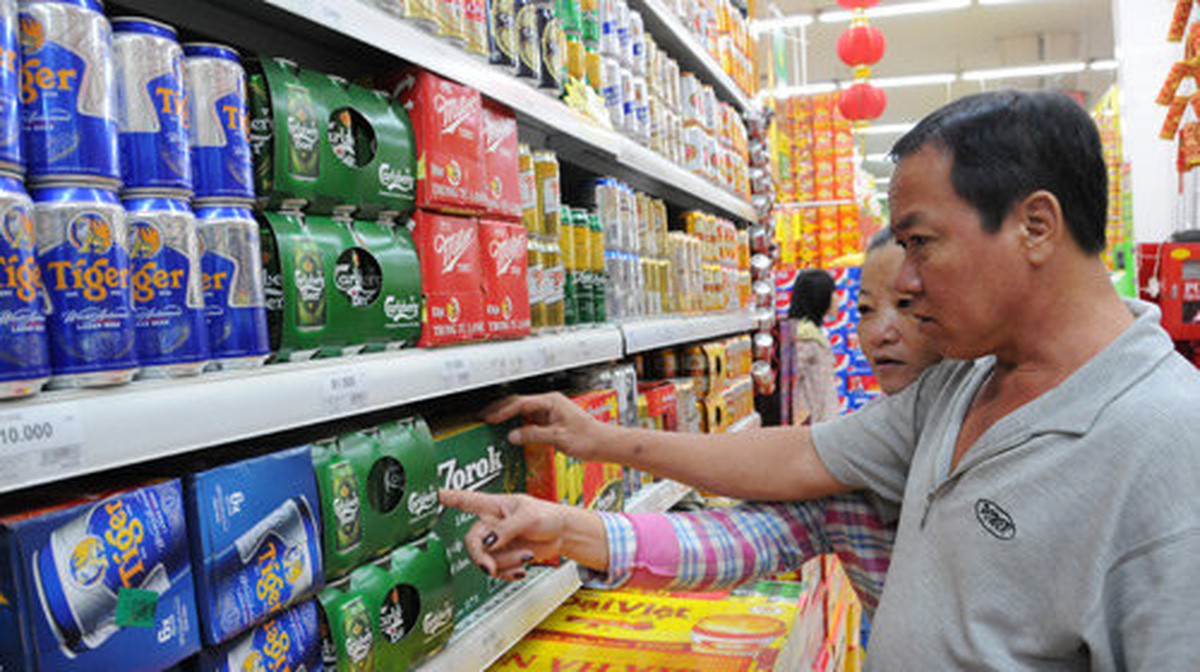
Proposed highest special consumption tax rate is 80% instead of 100% - Photo: Q.D.
The Vietnam Beer - Alcohol - Beverage Association (VBA) has just sent a document to Minister of Finance Ho Duc Phoc to comment on the draft Law on Special Consumption Tax (amended), expressing concerns of beverage industry enterprises with the ministry's proposal to increase taxes.
Is it appropriate to increase taxes to 100% by 2030?
According to this association, the beverage industry is an economic sector that contributes a large amount to the state budget of nearly 60,000 billion VND/year, creating millions of direct and indirect jobs. However, since 2020, the beverage industry has continuously suffered many major impacts from the epidemic, world political conflicts, and policies to restrict alcoholic beverages...
This led to an alarming decline and recorded a decline in many indicators of output, revenue, profit, etc.
Evidence is that the inventory index of the entire beverage industry in 2023 is estimated to increase by 120% compared to 2022. The second quarter of 2024 also recorded an increase of nearly 128.9% in the beverage industry inventory index.
Meanwhile, according to the proposal of the Ministry of Finance, for alcohol with 20 degrees or more and beer, a special consumption tax of 80% will be applied in 2026, increasing gradually over the years and reaching 100% in 2030.
For alcohol under 20 degrees, the tax rate is 50% from 2026, then increases to a maximum of 70% in 2023.
According to VBA, these proposals are not based on and do not properly assess the current situation in Vietnam. In recent years, the beer industry in the country has seen a sharp decline in output and revenue, and some factories have had to close.
VBA cited figures from industry players showing that Heineken Vietnam recorded a double-digit decline in 2023 for the first time in decades;
SABECO has 26 factories in 20 provinces and cities, from 2021 to now, with negative growth compared to 2019 in terms of output, revenue, and profit from one to two digits.
Processing factories in the system are exhausted because input prices have increased by 20-40%, while selling prices cannot increase.
Dragged along a series of hotel and restaurant service systems with millions of accompanying workers.
HABECO also reported that in 2023, its consumption output decreased by nearly 30% compared to 2019, its budget decreased by 10% and it had to cut 25% of its workforce; Halico has been continuously losing money for many years. At the end of 2023, Halico recorded its 27th consecutive quarterly loss, accumulating up to 457.7 billion VND.
At the same time, when tax increases cause product prices to increase, VBA believes that consumers will tend to switch to other cheaper products, consuming floating products, poor quality, smuggled goods, counterfeit goods...
"Tax increase worries about smuggled goods and counterfeit brands taking over"
Therefore, increasing taxes will reduce the competitiveness of domestic products. High tax increases will create a large gap in benefits between legitimate and illegal products for smuggled goods will increase, potentially posing many risks to consumer health.
Currently, the estimated output of counterfeit beer products is about 200-300 million liters.
VBA proposed that along with increasing taxes, it is necessary to research and implement solutions and strictly enforce against smuggled, counterfeit, poor quality, and unknown origin goods to protect legitimate businesses, prevent budget losses, and protect consumer health.
Regarding the sugary beverage sector, VBA also believes that increasing taxes is not feasible to achieve the goal of reducing the rate of overweight and obesity, while the consumption of soft drinks in Vietnam is not high compared to many other countries in the world.
This association recommends that the Law on Special Consumption Tax (amended) take effect from 2027.
In particular, it is necessary to consider reducing the tax increase and reasonably extending the increase schedule to avoid causing "shock" to alcohol and beer products in order to stabilize the market and create conditions for businesses to adapt to the tax increase in the coming time.
For beer and wine with an alcohol content of 20 degrees or more, the tax increase applied from 2027 to the end of 2028 is 70%, from 2029 to the end of 2030 is 75% and from 2031 is 80%, instead of the proposed roadmap of 100%.
At the same time, it is recommended that the ministry consider not adding soft drinks according to Vietnamese Standards (TCVN) with sugar content above 5g/100ml to the list of subjects subject to special consumption tax.
Source: https://tuoitre.vn/nganh-bia-ruou-tut-doc-lo-bi-ap-thue-tieu-thu-dac-biet-toi-100-co-nha-may-dong-cua-20240703090845109.htm


![[Photo] President Luong Cuong attends the inauguration of the international container port in Hai Phong](https://vphoto.vietnam.vn/thumb/1200x675/vietnam/resource/IMAGE/2025/5/13/9544c01a03e241fdadb6f9708e1c0b65)



![[Photo] Prime Minister Pham Minh Chinh meets with US business representatives](https://vphoto.vietnam.vn/thumb/1200x675/vietnam/resource/IMAGE/2025/5/13/5bf2bff8977041adab2baf9944e547b5)


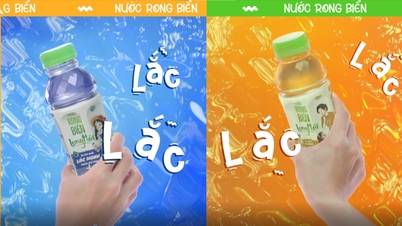

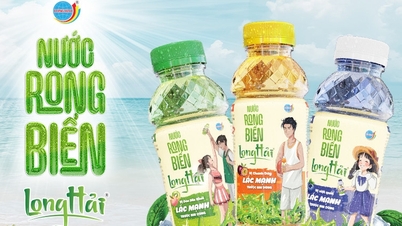
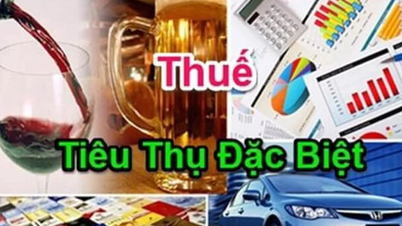


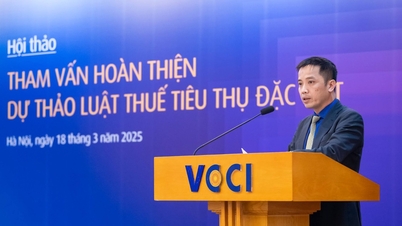
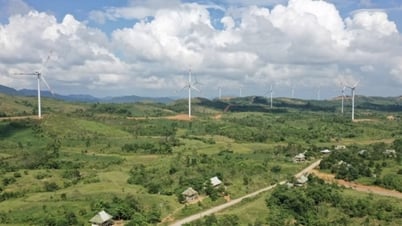
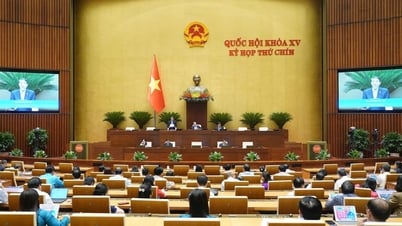
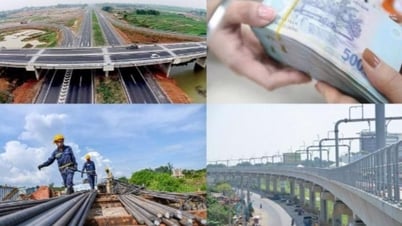
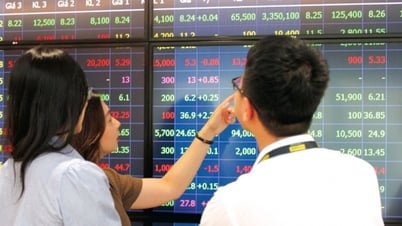
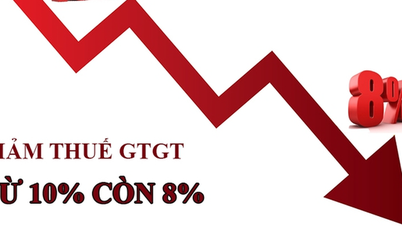







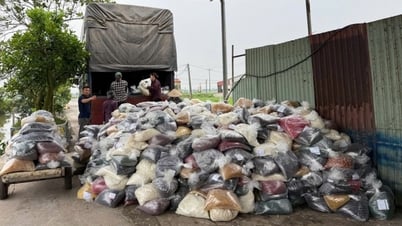


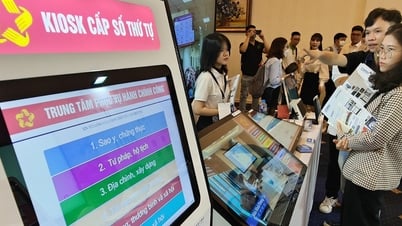


















































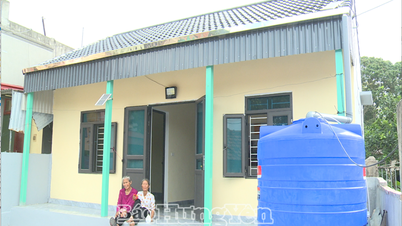





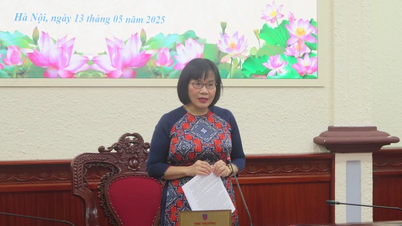
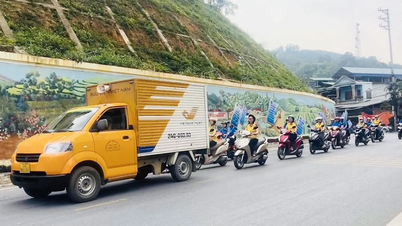











Comment (0)